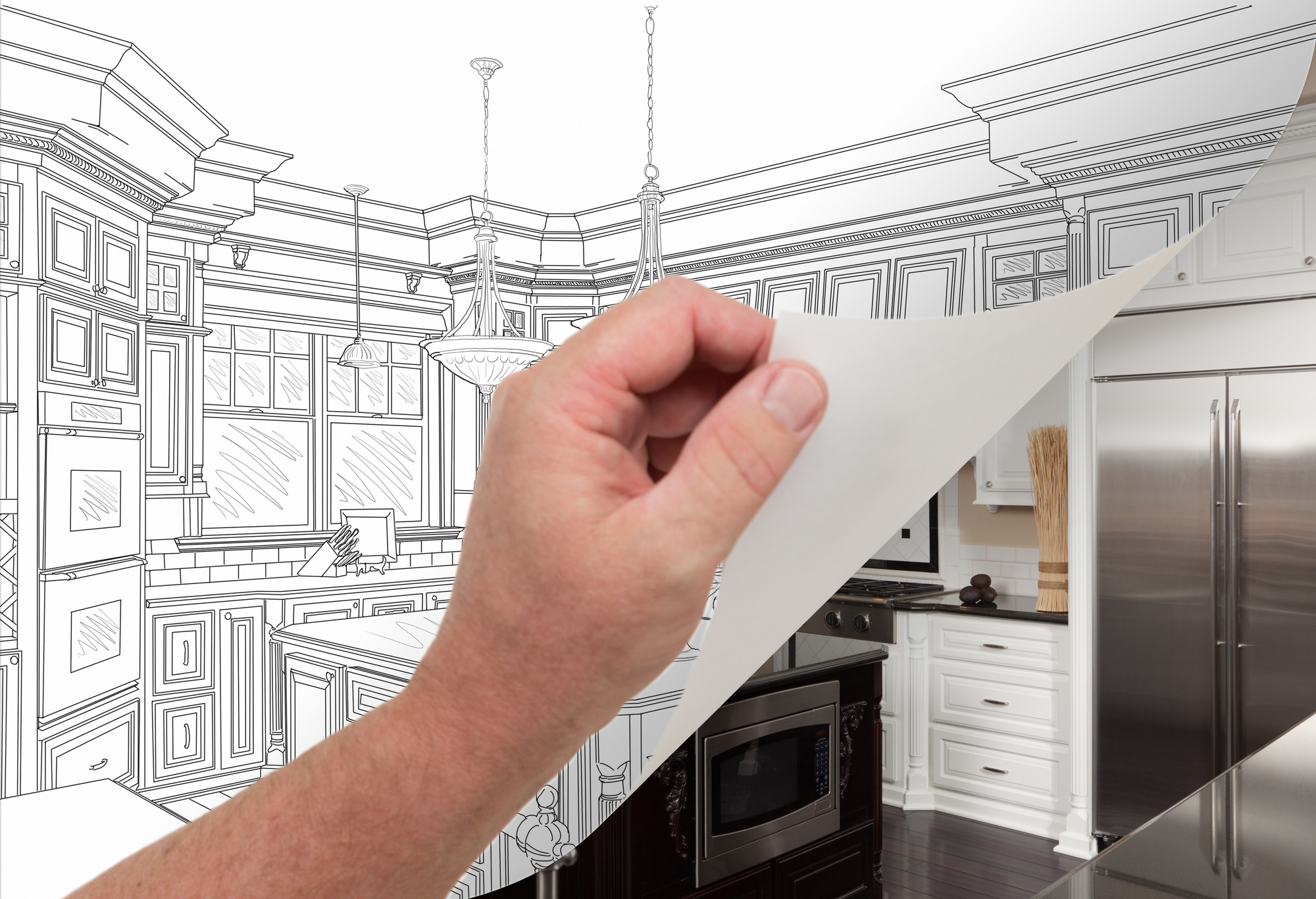7 Secrets to Flipping Houses for Profit

There are a couple of ways to make dough in real estate.
There is building or buying property and then renting or leasing it out, which is an all-time favorite among many real investors. Some buy properties, wait for them to gain value over time (typically involves making structural upgrades), and then sell. Then there is house flipping; buying low and selling high within a short time, usually in a rising market.
In this article, our focus is on house flipping.
Lean in to gain more insight into flipping houses and how you can turn the strategy into a cash cow.
1. Master This Fundamental Rule
For house flipping to be profitable, you must adhere to one fundamental fact. Revenues must be higher than costs, or selling price must be greater than acquisition price (including repair costs).
There are no two ways about this rule. Master it. Live by it.
2. Stay on Top of Trends in Financial Markets
Even though the real estate sector is generally stable, events in other sectors – like banking – can quickly turn it volatile.
For instance, the housing crisis of 2008 was an effect of a financial crisis in the same year. The Federal Reserve raised interest rates, increasing the cost of mortgages. As a result, many people could not afford homes.
To be a successful house flipper, stay on top of such trends and know how they will affect your hustle. If WallStreet says interest rates are going up soon, don’t buy houses to flip. Nobody will be looking to buy since mortgages will be costly.
3. Cash Is King
Ask any successful house flipper and they will quickly tell you nobody gets rich flipping on credit. You need boatloads of cash to hack this hustle.
You see, you’re not the only investor flipping houses in your region. There are probably tens of investors waiting for an ideal property to hit the market and pounce on it.
Without cash money, you will certainly miss out on the opportunity. Relying on credit can be costly since approvals take time. Even if you have a healthy line of credit from your bank or credit union, a short system delay can lock you out of a hot deal.
4. Think Like the End Buyer
Which houses are most people buying right now in your target markets?
This is important to know, because what most consumers are currently buying is what you should be selling. If people in your local market are crazy for single-family detached homes, you would be crazy to think of flipping condos, castles, duplexes or any other house type there is.
Always stay ahead of consumers’ purchase preferences. If you have to, do regular market research to know their current tastes, and how they might change in the near future.
Remember house flipping thrives on speed. You can still buy a condo even if the hotter property is single-family detached homes, but it could take you longer to sell, and that won’t be house flipping anymore.
5. Neighborhood Matters
Let’s put your house flipping instincts to work: Battered house in a great neighborhood or fairly decent house in a bad neighborhood?
If you’re cut from the same cloth as Armando Montelongo, a renown house flipping huckster of the modern times, you chose the former, and for good reason.
It’s more prudent to buy a battered house in a hot or rising neighborhood. The odds of selling it fast – after repairs, of course – are great. Among many buyers, the quality of a neighborhood gets the highest priority, as compared to the quality of a house.
The allure of minimal repairs can drive ill-informed or amateur house flippers buy the fairly decent house in a bad neighborhood. A costly mistake. Fatal even.
No person in their right mind will sink $200,000+ into a home located in a neighborhood with high crime rates, poor infrastructure… you name it.
Well, a real estate punter with a very big appetite for risky investments might take a gamble, but you catch the drift.
6. Cost of Repairs Paint a Clearer Picture
House repairs are the bane of house flipping. They can take huge bites into your estimated profit margins, and even push you into a loss.
You could buy a house that looks fairly well-kept, but upon further investigation, establish that it needs more repairs than earlier estimated.
To keep yourself out of such scenarios, inspect and appraise the property properly before dolling out the cash. If appraising isn’t one of your strong suits, hire a pro to give you a detailed estimate of what it’ll take to buy and renovate the house.
If cost plus repairs leave you with a slim profit margin (less than 30 percent), the property might not be worth your time.
7. DIY Some Repairs
Your objective is to turn out as much profit as possible from every house you sell.
One way to do this is to negotiate and get the best price sellers can offers. Another way is to do some repairs yourself.
Don’t even know how to hold a hammer and drive a nail? It’s in your best interest to learn how to do some repairs. Changing cabinets, for instance, shouldn’t be a big task. You just need to buy quality RTA cabinets, assemble them on site, and screw them into place.
You’ll save the money you would have paid a contractor to do the job.
Flipping Houses: Serious Profit in Sight?
Many people think flipping houses is a rich man’s preserve. But the truth is having access to cash isn’t the only prelude. A true house flipper knows the secrets of the trade, and herein we’ve fleshed out some of the secrets that’ll propel you to some serious profits.
Keep them close to your heart, or wallet, and don’t forget to hang out on our blog for more useful tips.



